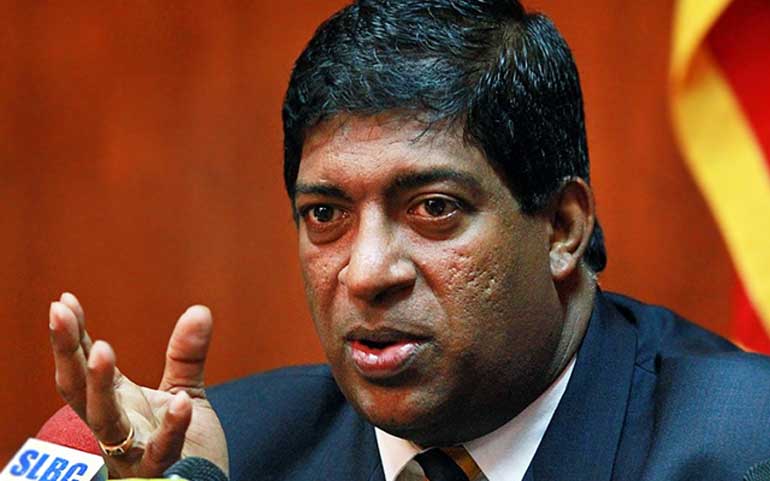Thursday Feb 26, 2026
Thursday Feb 26, 2026
Saturday, 11 June 2016 00:00 - - {{hitsCtrl.values.hits}}
The private sector yesterday expressed concern over the Government’s fresh pronouncements of a possible tax on Capital Gains, a move which was abandoned previously though hinted.
The latest announcement of the reintroduction of the Capital Gain tax came from none other than Prime Minister Ranil Wickremesinghe on Thursday in his speech in Parliament during the debate on the no confidence motion against Finance Minister Ravi Karunanayake.
“We will impose the Capital Gain tax. Some of you who have earned will have to pay the tax. Companies will have to pay. It will be the first time the rich will have to pay taxes,” the Premier said in Parliament.
Wickremesinghe earlier this year too warned of Capital Gains tax but following lobbying by the private sector, the Government dropped the idea.
Thursday’s fresh announcement has once again fuelled private sector concern.
The Premier’s statement came a day after Finance Minister Ravi Karunanayake assured Parliament that the existing tax regime will remain unchanged for the next six months. (See box story).
Parliamentary analysts opined that the Premier’s reference to taxing the rich and Capital Gains was in passing and not a definitive policy statement. A timeline for the new tax wasn’t announced either.
“Return to Capital Gains tax will have serious implications,” a private sector source said. “This government has made several conflicting statements on taxation and this is the latest,” he added.
Inconsistency as well as indecision which have led to announcements and measures withdrawn or modified has hurt investor confidence in the recent past.
Other analysts said that business optimism was about to rebound following the approval of $ 1.5 billion IMF support to strengthen the Balance of Payments. They feared that the fresh announcement of Capital Gains may check mate a quicker rebound in sentiments and confidence.
It wasn’t clear whether Capital Gains tax is part of IMF’s reforms push to boost Government’s tax revenue.
In the IMF’s three year support program the first item was: ‘implement a structural increase in revenues, facilitating a reduction in the fiscal deficit.’
The Government fiscal deficit expanded to 6.9% of GDP in 2015. The IMF noted that whilst revenue increased by 1.5 percentage points to 13.1% of GDP, this mostly reflected one-off measures and tax collections from a temporary surge in vehicle imports.
 Minister of Finance Ravi Karunanayake
Minister of Finance Ravi Karunanayake
Minister of Finance Ravi Karunanayake on Wednesday assured Parliament that taxes would be kept at current levels for the next six months.
Explaining the Government’s tax collection, the Minister stated the increased taxes were temporary measures taken to resurrect the fallen economy under the Rajapaksa regime.
During 2015, the Government expected Rs.1,293 billion from tax revenue and Rs.162 billion from non-tax revenue. However, the target fell short where actual income from tax revenue in 2015 stood at Rs.1,282, billion and income from non-tax revenue was reported at Rs.125 billion.
Outlining in Parliament the tax targets set for 2016, Minister Karunanayake said: “Rs.1,886 billion in 2016 is relatively realistic in comparison to the income of 2015 due to measures taken with the purpose of strengthening Government revenue by simplify the existing tax system, broadening the tax base, introducing new tax proposals, increasing efficiency in tax administration by introducing new technology for main revenue collecting authorities and strengthening the public enterprises.”